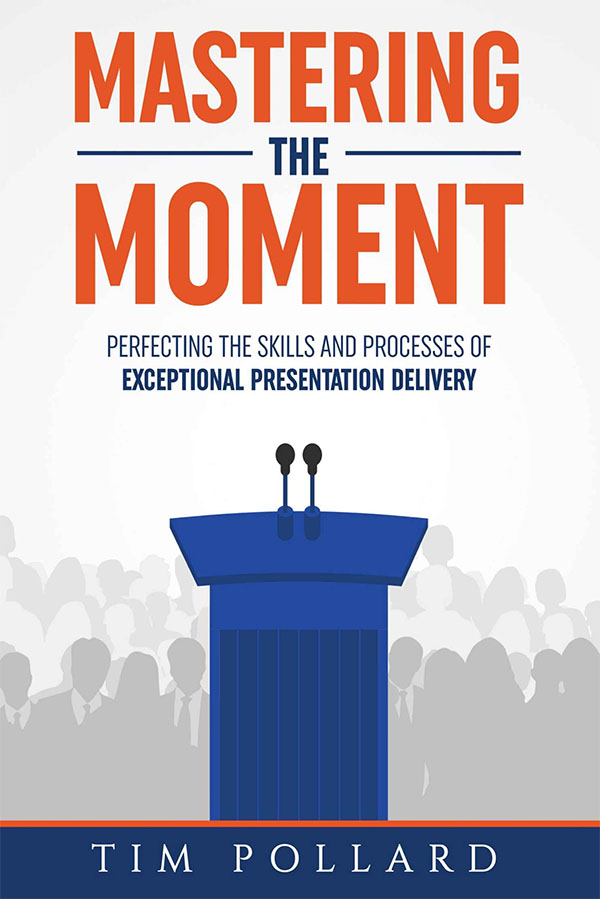We’ve all been there.
You’re in a meeting, maybe an important one, but the speaker is speaking in a monotone. And your mind drifts off to an unrelated topic…and after an indeterminate amount of time, you suddenly realize that the speaker has stopped talking…and is looking right at you – clearly expecting a response to a question you didn’t hear.
Uh oh.
There is no possible way not to look like the bad guy here. And the worst part is that it’s not your fault. It’s the speaker’s.
I’m reading a book recommended by a client – The Tale of the Dueling Neurosurgeons by Sam Kean – about the development of modern brain science.
There is a section discussing the brain’s visual processing. Apparently our eyes cannot see objects that remain static in our field of vision. We can see motion, and the way we see objects that are NOT moving is that our eyes are microscopically moving back and forth so that the object is not actually remaining in exactly the same place in our field of vision.
Kean goes on to say that we are wired to notice differences, and ignore sameness.
And it’s not just visual processing – the same is true for our hearing.
Have you ever been sitting in a quiet room, and then suddenly a sound just stops – a sound you hadn’t even noticed before? For me, it is the refrigerator motor. I’ll be reading a book, thinking how peaceful and quiet it is, and suddenly the motor stops. And I realize that it was running the entire time, and I had just stopped hearing it.
Now I understand why – we are wired to almost instantly tune out anything that is unchanging.
This links directly to a question I often ask in our class – “Why do we hate monotone speakers?” The answer is always some form of “BORING!” “Puts me to sleep”, or “Impossible to stay engaged.”
There’s not much you can do about this if you are the listener in that meeting. But if you’re the speaker, there is an easy fix. Vary your delivery. Your material is not all the same, and so your delivery of it should not be all the same.
Specifically – if you are:
- Telling a story or giving necessary background information – be quick and very conversational.
- Sharing something that is a little more complicated – slow down a little, pause so people can process.
- Telling people your main point, the biggest idea – slow…way…down.
Don’t be the “refrigerator person” – where people only realize you were talking because you stopped.




